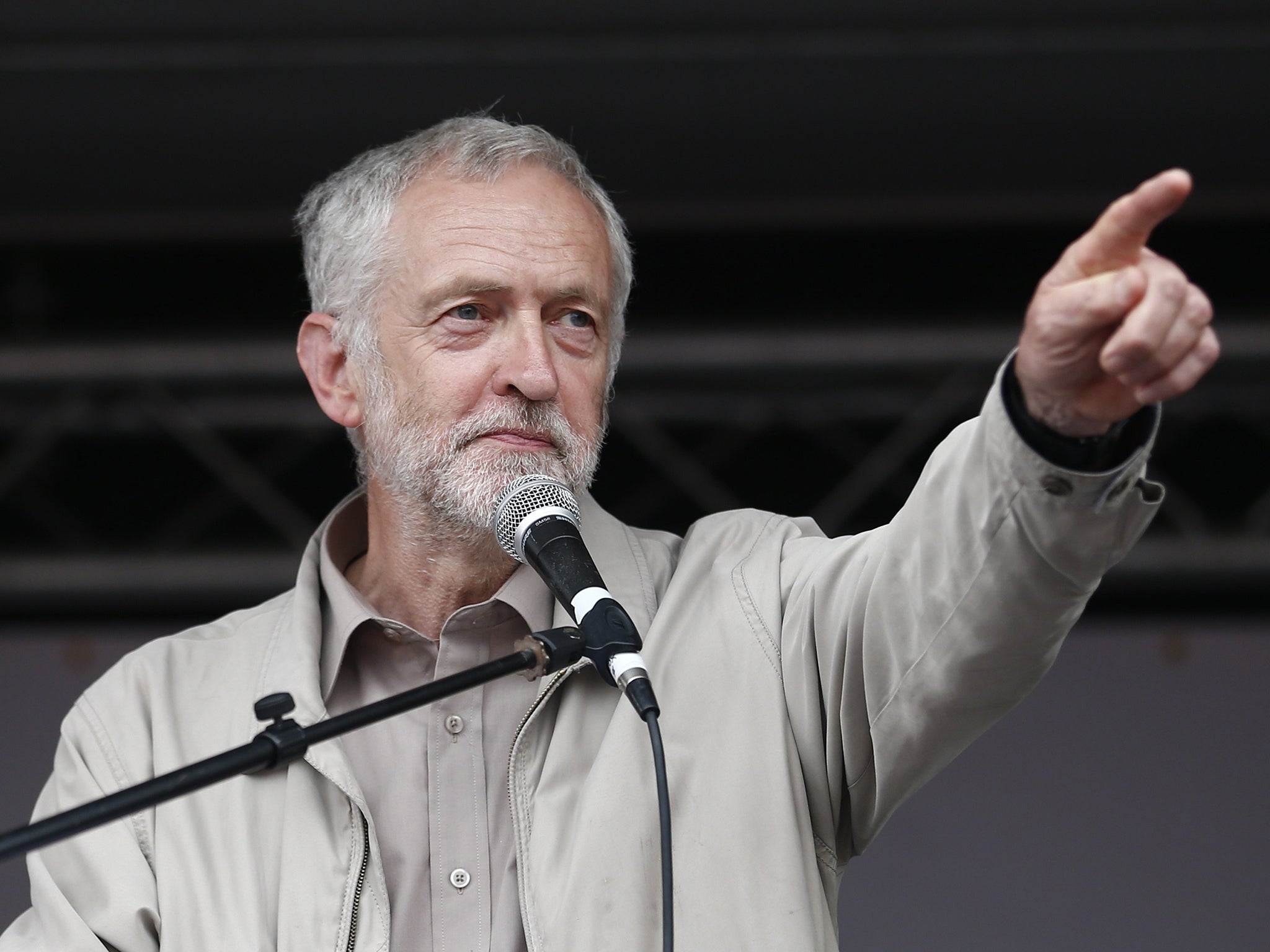Labour made a "sea change" when Tony Blair came to power with his charismatic symbolism and an attempt to create a "centrist party" to win an election.
One therefore has to ask the question what is a political party
for. Is it to represent a section of society which it believes needs
representing, on the assumption that there are enough people who are
missing out in some sort of way and you not only
represent their views but if there are enough of them, to eventually form a government.
If a party represents the things the Green Party are keen on and there are many who vote for the Greens, it's not in a belief that the Greens will become the next government but because they support what the Greens stand for.
Labour lost its way in supporting a move way from its traditional grass roots towards the middle class swing voter. It
was said in jest by some that, Tony Blair represented "son of Thatcher",
he allied himself with much of her aspirational politics, her
belief that people can pick themselves up by their boot straps and make
something of themselves.
The problem is that that philosophy would possibly stand the test
of Britain in the 70s 80s and 90s, when the factory floor was a sponge
to absorb the people who couldn't make it. The working class community
for them was a resilient home it offered a
significant substituting for the person with average attainment.
Somehow in the Blair years, gradually these people, who made up
whole urban communities particularly in the North and in Scotland, were
lost by the southern centric Labour Party under Blair and Brown. The
world stage went to their heads, Blair with his
Iraq debacle and Brown saving the world through his financial intervention in 2007/8.
The blind spot as to who represented their constituency became in Scotland a case in point.
Generational voting patterns in Scotland made their cities a safe labour certainty when it came to challenging the Tories in Westminster. The voters in Scotland were assumed to be a voting banker for the party.
The rise of the SNP and its call for Scotland's independence,
which itself arose from years of ignoring the Scotish dimension when
viewed from Westminster, demolished Labour in Scotland. The Party in
London had forgotten what it meant to be a Socialist
all inclusive party. In fact the very word Socialism was virtually outlawed by the Blairites.
The phenomenon called Corbynista came about by chance as a relatively unknown backbench MP was asked to put his
name forward to present a more balanced view of the opinion within the
party after it had surprisingly been defeated by David Cameron in the
last General Election. Unerringly, instead of being a sop to the left
of the party it quickly became apparent that the Blair years had left
deep divisions, not so much amongst the labour MPs who were largely the
beneficiaries of the Blairite philosophy but
in the grassroots of the party membership. For the grass roots, Corbyns
new/old socialism was just what they had been craving after years of
being subverted by middle class, university trained, bleeding heart
individuals who populated and ruled the parties
agenda but who were never seen as truly belonging to the class.
Today they have been ousted and whilst the intelligentsia, the
professional graduate with a degree in politics who passed through the
portals of the party by dint of being a 'run about' at party
headquarters, who were eventually offered a seat, irrespective
of locality or first hand knowledge of the people and their issues
within the boundary seat, these are the current MPs out of their depth
on the thorny issue of the truly deprived, found Jeremy Corbyns, "back to basics" a chapter missing in the political propaganda
taught at Oxford.
Whether Corbyn can appeal to sufficient voters to win an election depends on how poorly Teresa May handles her office.
With BREXIT bringing its own economic uncertainty the ripple
effect of dissatisfaction might cause enough people who are politically
incontinent to realise there is a different way to organise finance and
invest in industries which make the things 'we
need to sell'.
The popular press who, as a subsidiary to the Tory Party, are loud
in their disinclination to look for other methods of healing the
ravages of 'free market capitalism' continue to ridicule what Corbyn
espouses, but "come the day", we have to recognise
that the Free Market has at its soul a receipt for imbalance, and
unfairness, of creating the 'haves' and the 'have nots' on a scale which
represent society today. Socially unnecessary and tremendously wasteful
in human capital.
Politics is not a game it deals in people and their aspirations.
It provides those people with the opportunity to live useful productive
and happy lives. Perhaps when all is said and done there is no better
occupation than to play a part in making others
happy.

No comments:
Post a Comment